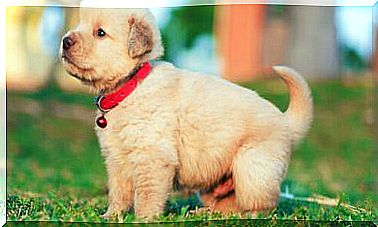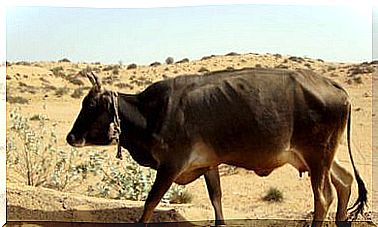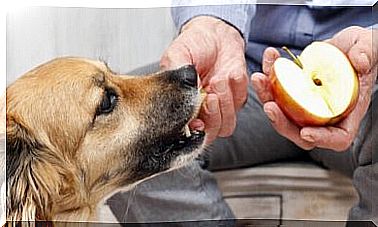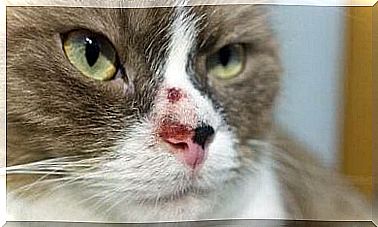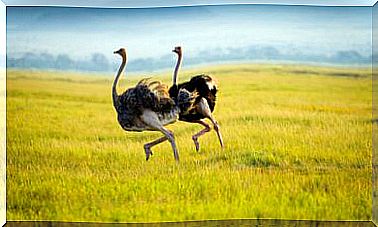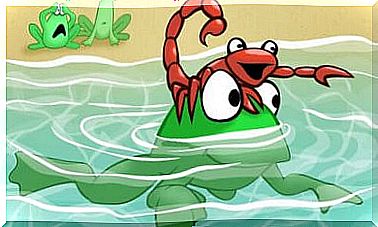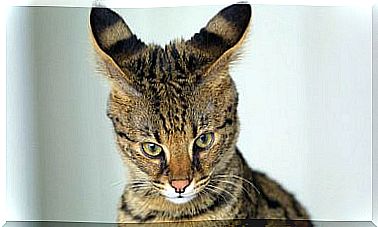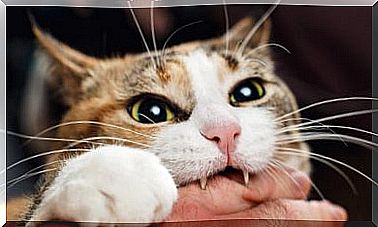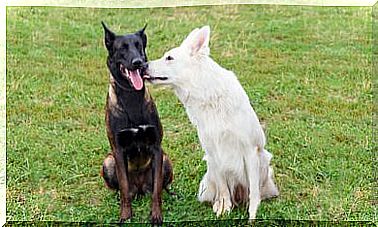Is Your Horse Sad? Here’s What To Do
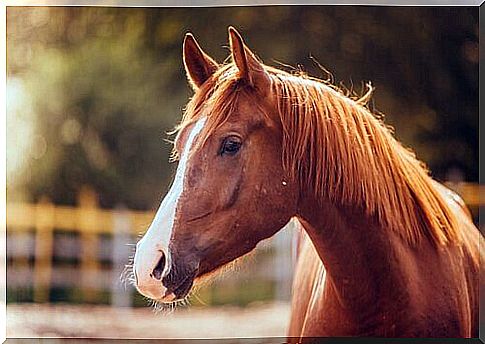
There are distinctive signs in animals that are essential for verifying their health, both physical and mental. If you have noticed that your horse is sad, you should try to understand the reasons for this condition so that you can act accordingly. As you know, we are talking about very expressive living beings. And knowing how to interpret their body language will help you solve any problem.
The movement of the nose, ears, mouth and muzzle form a communication system that your equine will use to convey information to you. If he is experiencing fear or anger, his face will appear tense. If you feel pain, your nasal passages will dilate. In this article we will help you to understand if your horse is sad and we will give you some guidelines to be able to intervene successfully.
Clues to know if a horse is sad
As with people, horses tend to withdraw and become sad when something in their body is not working as it should. Before consulting the veterinarian, it is advisable to check some elements through careful observation. It is about discovering the presence of some physical factors that can explain the presence of many diseases.
For example, if it is an external wound, it is easy to understand why the horse is sad. However, the important thing is to confirm that these are not internal disorders, which are more difficult to manage and which certainly need to be treated by a professional. If you continue reading, we will reveal some fundamental factors to check and study the general state of health of your quadruped friend.
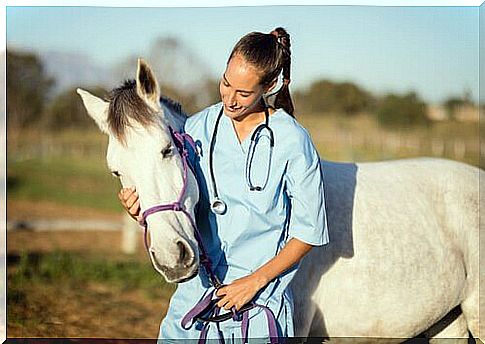
How to recognize a healthy horse
To rule out physical ailments, it is good to start with observing the eyes. They should appear sharp and clear. The coat should also be clean and shiny. Another sign of good health is normal chewing of food. Also check the color and smell of the urine which, hopefully, will be clear and transparent. Be careful if they change hue, taking on a reddish or dark color.
The horse’s legs are another element to investigate. You must be careful that they do not have high temperatures or inflammation. If there are no pathologies affecting the legs, the horse will distribute its weight evenly when walking. Do not forget, then, to measure the fever: the body temperature must not exceed 38 ° C.
For good health, an equine’s optimal pulse is about 35 to 40 beats per minute, at rest, whatever its size. Breathing should also be slow and calm: you can test this by starting with a standard average of 9-11 soft, relaxed inhalations per minute.
Clear symptoms of disease in the horse
It is important, regardless of the type of disease, to detect the symptoms of horse discomfort as soon as possible. If a horse is sad, it will move its ears back. A general attitude of a sick horse implies, in addition to sadness, a lost look and more dejected appearance.
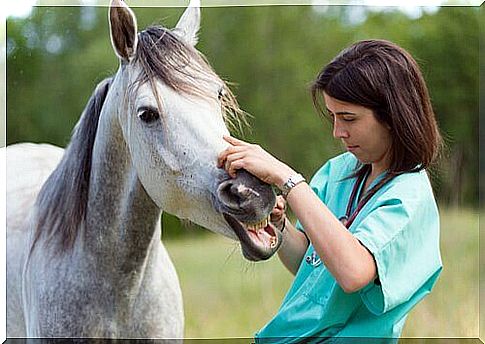
Stomach pain is common in horses and, although this animal is selective in regards to food, it can suffer from possible indigestion. If he digs the ground and looks sweaty, he is probably suffering from colic. Faced with any symptoms, even small but persistent, do not hesitate to contact the veterinarian.
Another important question is to rule out the presence of bruises or nodules. If there are any, you will notice them due to the greater heat they emanate and the inflammation necessarily produced in the affected area.
In case you notice something strange at the walking level, look carefully at all the ends, one by one, especially the part of the hooves. Sometimes a splinter or pebble that gets stuck can cause a lot of discomfort. Touch the entire leg with your hands, exerting a little pressure and paying attention to any reaction from the animal.
A healthy horse can become apathetic
As you well know, each horse, in addition to instinct, has its own personality. If you don’t know why your horse is sad, you will need to check every area of his life. For example, a change in diet or habits can also affect your emotional state. To check for a disease, you will examine the last few days, looking for anomalies, major changes, the presence of another animal, etc.
Horses are sensitive, meek, sociable and freedom-loving beings . If a horse is organically healthy, if it does not have parasites and if it is well fed, it will be necessary to invest more time and resources to understand the presence of a suboptimal psychological state.
Do not discard the discomfort caused by loneliness, boredom or lack of company. For this there are equine psychologists. Perhaps an animal mental health specialist will allow you to find out why your horse is sad. Your job, as owners, is to do everything to ensure the best possible living conditions for these extraordinary animals.
